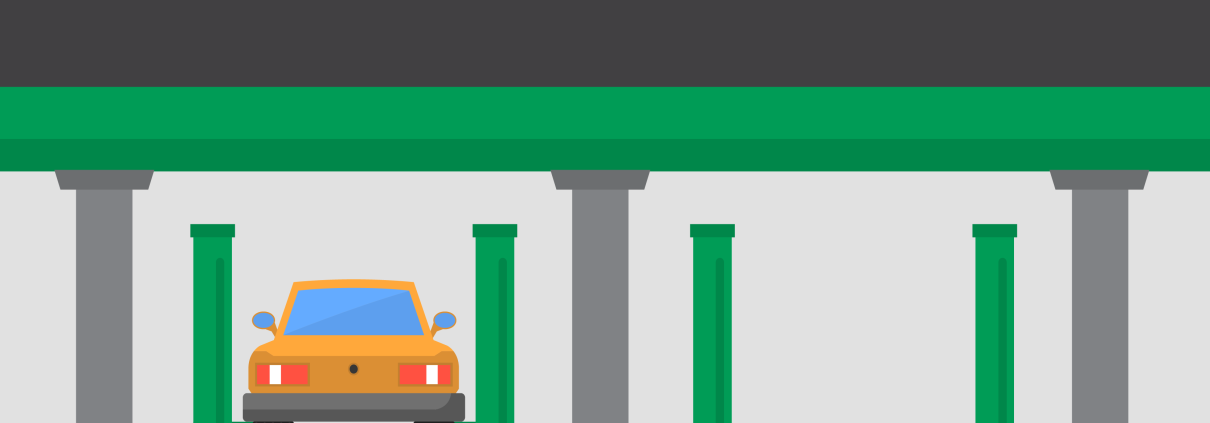Fire Extinguishers for Your Repair Shop – Dry Chemical vs CO2
When choosing fire extinguishers for your repair shop, it’s important to consider the specific fire risks in that environment. Both dry chemical and CO2 (carbon dioxide) fire extinguishers have their advantages, but they are better suited for different types of fires:
Dry Chemical Fire Extinguishers
Dry chemical extinguishers are multipurpose and can be effective on Class A, B, and C fires. This means they can handle fires involving ordinary combustibles, flammable liquids, and electrical equipment.
CO2 (Carbon Dioxide) Fire Extinguishers
CO2 extinguishers are ideal for fires involving electrical equipment (Class C fires) because they leave no residue, which reduces the risk of damage to sensitive electronics, engines, and surrounding equipment. While CO2 extinguishers can also be used on Class B fires (flammable liquid fires), they may not be as effective as dry chemical extinguishers in suppressing these types of fires.
Your choice between dry chemical and CO2 fire extinguishers for your repair shop should be based on the specific fire hazards you anticipate. If you’re dealing with a variety of potential fire types, a dry chemical extinguisher might be a good all-around choice. However, if your main concern is electrical fires and you want to avoid residue, a CO2 extinguisher is a good option.
Additionally, you may consider multiple fire extinguishers for your repair shop, including dry chemical and CO2 extinguishers, to cover a wider range of potential fire risks.
For more information, send us a message here and one of our friendly professionals will contact you.




